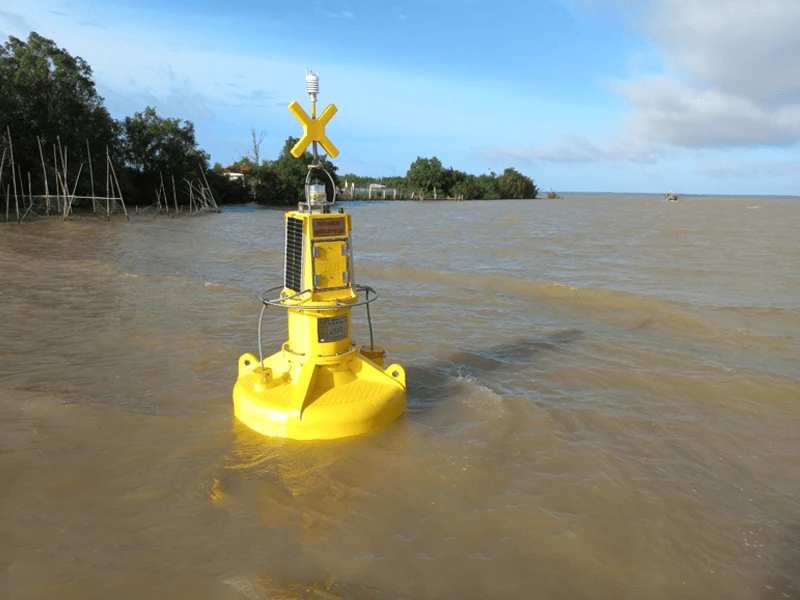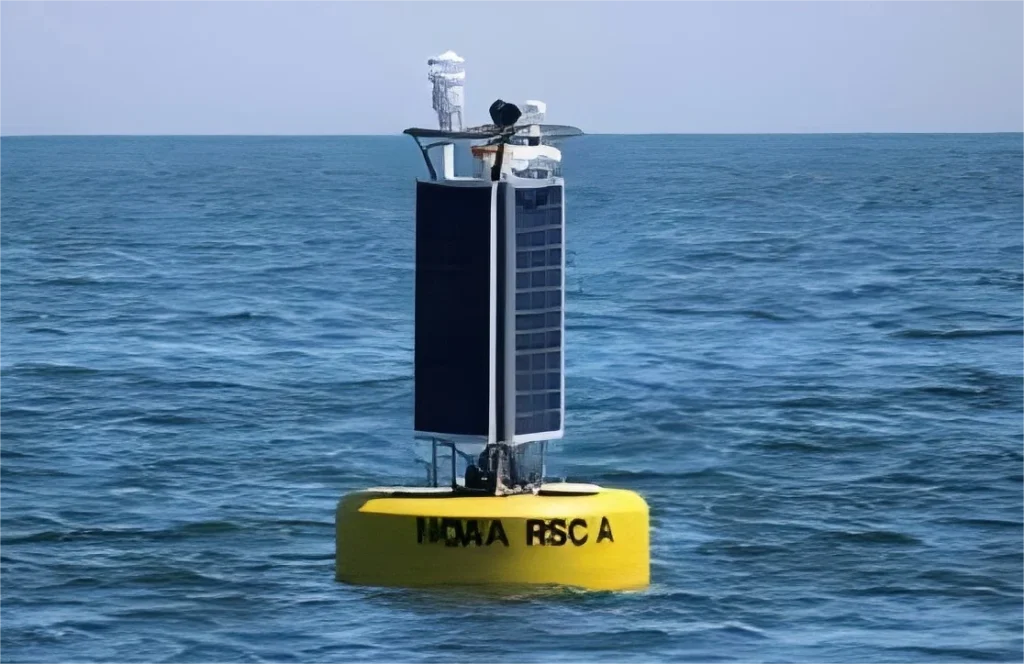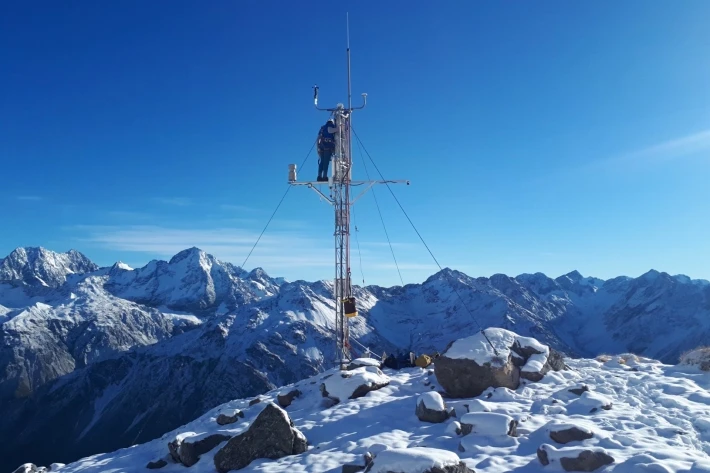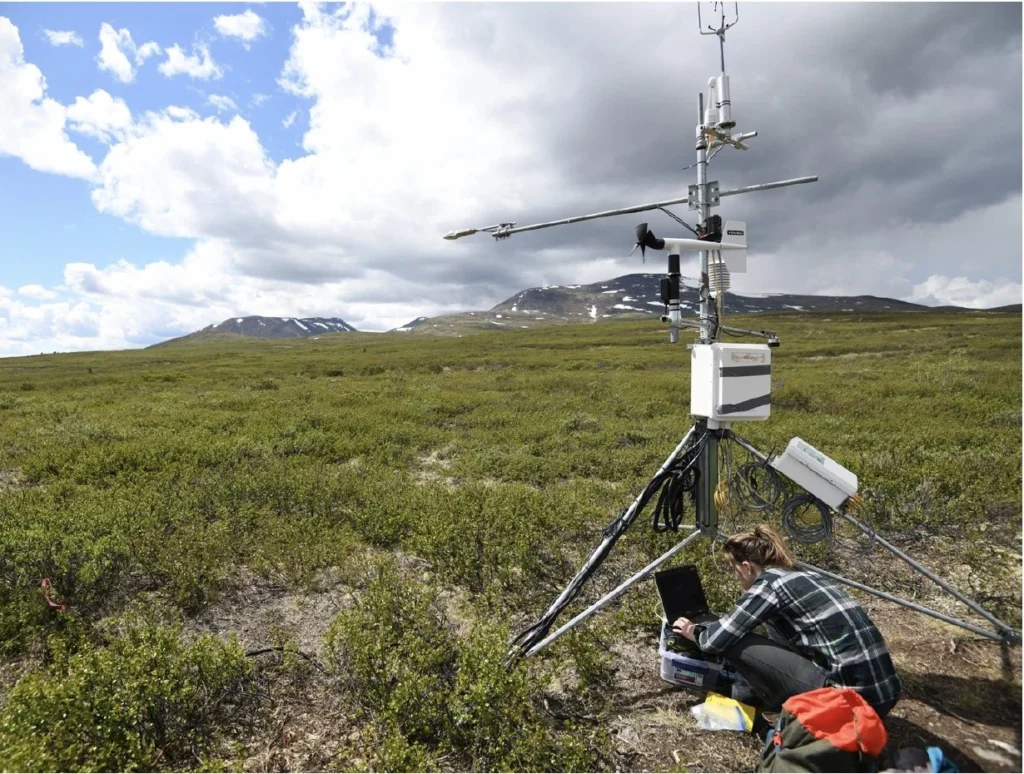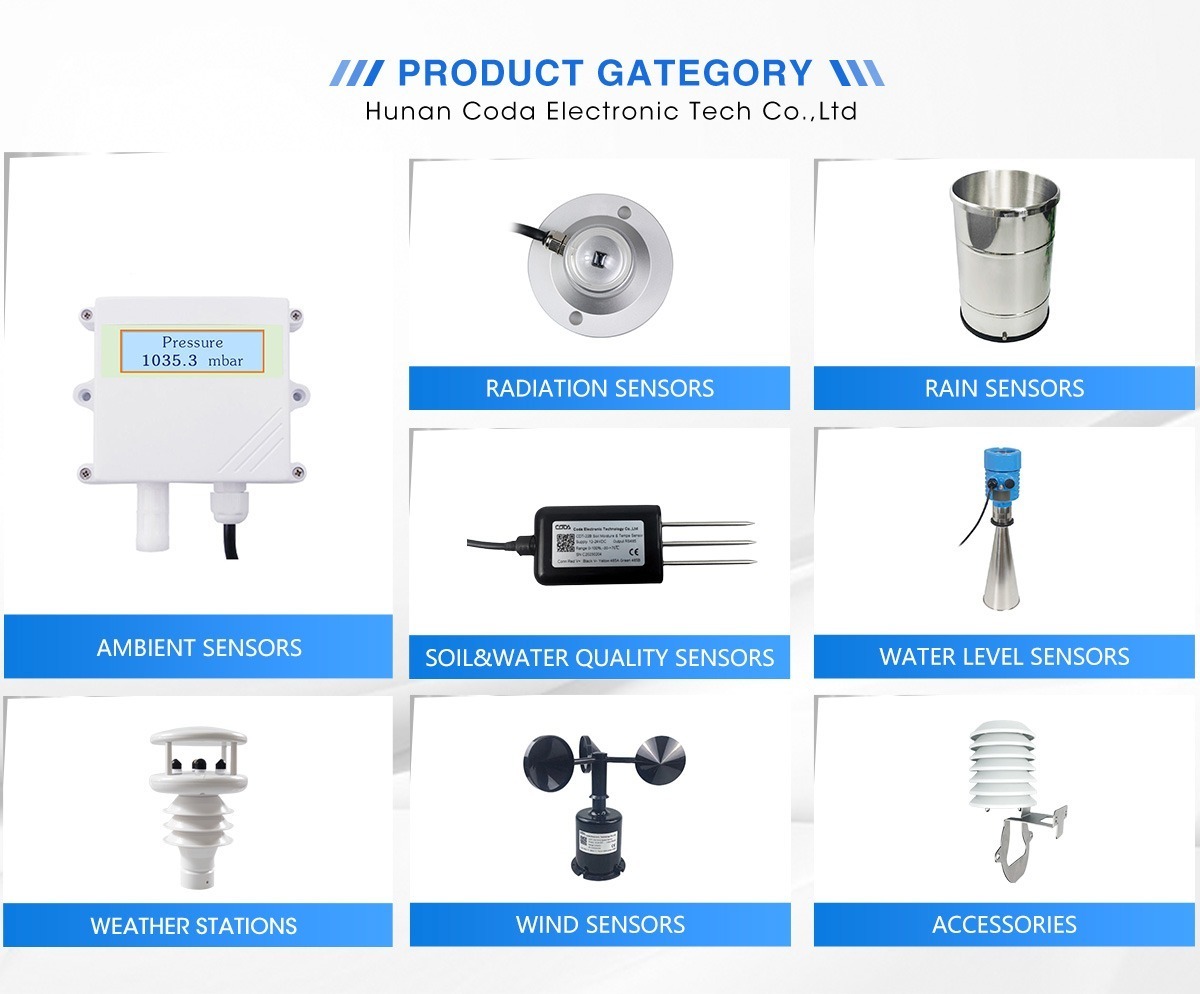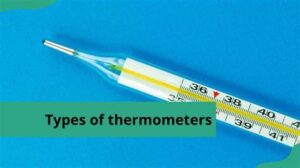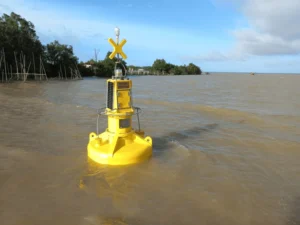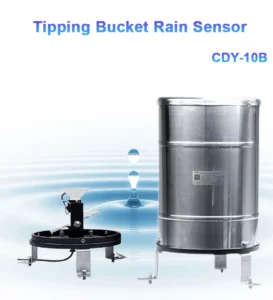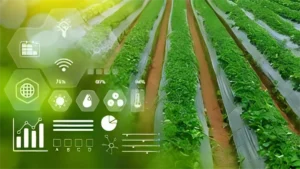what is a hydrology?| define hydrology
Define hydrology : Hydrology looks at how ground water is distributed, moves, and its properties on the earth’s surface. It also looks at how ground water interactions changes. Researchers can split the study of water resources into different groups. This is based on various research views and uses.
Different methods based on what they study and how they apply it. Next, let’s look at the definition of hydrology and hydrological station.
River
Research Focus: This study looks at how rivers work. It explores where river flows get their movement of water, how runoff happens, and how floods form. It also looks at how sediment moves. It shows how rivers connect with other water sources like groundwater flow, lakes, and swamps.
Practical Applications: River hydrology provides key insights for managing rivers. It aids in flood control, drainage systems, and water resource management.
Lake
Research Focus: This study looks at the water balance in lakes. It looks at how water flows in lakes and how sediment collects. It also examines how lakes change as time goes by. It also looks at dangers linked to lakes, like flooding and blue-green algae blooms.
– Practical Applications: Lake hydrology helps keep lakes safe. It also helps develop water resources, manage water quality, and predict disasters.
Groundwater
Research Focus: This study looks at how groundwater is formed and moves. It also looks at how we use and protect it. It also looks at how groundwater interacts with surface water and the atmosphere on Earth.
Practical Application: Groundwater hydrology helps us take care of our groundwater resources. It makes sure we have safe drinking water and stops pollution.
Glacier
Research Focus: This study looks at how glaciers form, grow, move, and melt. It also looks at how we use and protect water from glaciers. Lastly, it explores how melting glaciers affect global climate change.
Practical Application: Glacier hydrology is very important in many ways. It gives a strong scientific base for key areas.
First, it helps manage water resources in glacier regions. Glaciers are often the main source of freshwater there. Scientists study glaciers to predict how much melt water will be released and when it will happen.
application
Swamp water resources discipline: This field of hydrology looks at how to solve water problems in swamp areas. It looks at how water moves and how plants interact with it.
River-Mouth Water Resources Discipline: This field looks at the water features found at river mouths. It looks at changes in salinity, tidal effects, and sediment buildup.
Second, this is based on the use of the hydrology division:
1. Engineering
Research Focus: We offer data and calculations for water studies. This helps with saving water, hydroelectric power, and transportation. We also help with construction, roads, bridges, and other engineering projects. We plan, design, build, and manage our projects.
Engineers often use water treatment in designs. They focus on saving water. They predict floods. And They manage reservoirs. They handle urban drainage systems.
2. Agricultural
Research Focus: This study looks at how we use water for farming. It includes the irrigation and drainage of fields. It also looks at soil moisture, crop water needs, and other related topics.
Application Context: Agricultural hydrology is key for water resources in farming. It provides scientific help for managing water resources.
This is important because good water management helps us use and share water wisely. It prevents shortages in dry seasons and stops overuse. It also helps us use irrigation tools that save water.
3. Forest
This area looks at how forests affect the water cycle. This includes their impact on rainfall, runoff, evaporation, and soil moisture. It also looks at how forests affect water flow. It looks at how we can use water from forests.
Application Context: Forest hydrology research helps protect forests. It helps create places to save water and stops forest fires.
4. Urban
Research Focus: This field looks at water issues in cities. It looks at storm water runoff, flood control, and drainage. It also looks at how to develop, use, and protect water resources in cities.
Urban water research is important for city planning. It helps build systems to control rainwater. It also aids in building flood control and drainage systems in cities.
5. Other Types
These sections look at different studies about the hydrologic cycle. They do not focus on water in forests or cities. Each study has its own research focus and purpose.
Environmental engineers look at how changes in the environment affect water. They solve problems about water resources. This includes looking at how climate change affects water supplies. They also check how pollutants move through water systems.
Ecological research looks at how water affects ecosystems. This includes looking at wetland ecosystems and checking the health of rivers and lakes.
based on the water cycle process
1. Rainfall
Research focus: This area studies how rainfall works and its features. It looks at where rainfall happens. It looks at where rainfall comes from and the different types, like rain, snow, and fog. And it also looks at the amount, strength, and timing of rainfall.
Application Context: Rainfall data is essential for water resource management, flood prediction, and agricultural irrigation planning.
2. Surface Water
Research Focus: This study looks at how surface water moves and changes. It looks at rivers, lakes, and reservoirs.
People use Surface Water Hydrology in systems that warn about floods. It helps manage watersheds and allocate water resources.
3. Groundwater
Research Focus: Looks at how groundwater is spread, moved, stored, and removed.
Application Context: Groundwater treatment helps manage our water resources. It supports drinking water supply and stops groundwater pollution.
4. Water – weather science
Research Focus: This study looks at how hydrology research connects with weather factors. It looks at how rainfall, evaporation, transpiration, and other weather conditions affect process by which water.
Application Context: Hydro-atmospheric science is key for weather forecasting and managing water resources. It helps us predict floods and see how weather changes affect the water cycle.
Hydrology can be classified in various ways:
We study different water bodies and natural places. These include rivers, lakes, groundwater, glaciers, and more.
Each category has its own focus. However, they connect and help each other. They work together to make hydrology a better field.
These categories help us understand how water storage moves and changes. They provide a scientific way to manage water resources. They help keep the environment safe and support growth that lasts.
